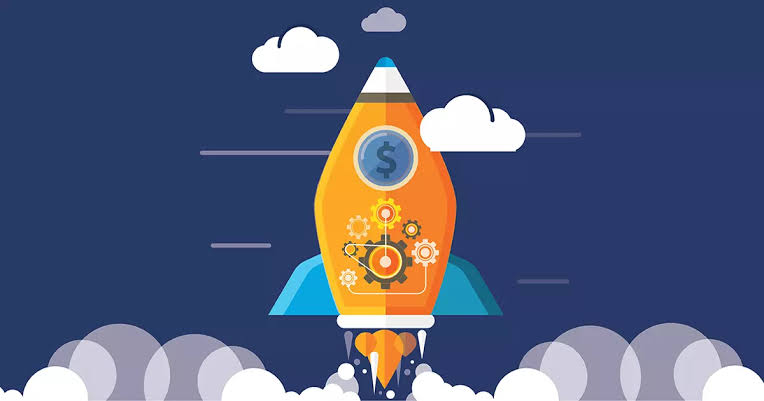Journaling has always been a personal way to record thoughts, feelings, and experiences. In 2025, it is more than just keeping a diary—it helps improve mental health, emotional skills, creativity, and well-being. As life gets busier and technology more overwhelming, journaling is a simple and strong tool anyone can use. Whether you are dealing with stress, setting goals, or thinking about the past, writing things down can help you feel better and stronger.
Emotional Clarity and Self-Awareness
One of the most immediate benefits of journaling is gaining emotional clarity. When your thoughts are swirling in your head, it can be hard to make sense of what you’re really feeling. Putting those thoughts on paper helps untangle them, offering a clearer understanding of your emotions. As of July 2025, many psychologists and mental health platforms advocate journaling as a daily practice for emotional regulation. It allows people to step back, assess their reactions, and recognize patterns in their behavior, which in turn fosters self-awareness. Knowing why you feel a certain way or why a situation triggered you can help you respond more thoughtfully rather than react impulsively.
Reducing Stress and Anxiety
In a world full of constant stimuli, journaling provides a quiet space for you to decompress. Research shows that expressive writing lowers cortisol levels—the body’s stress hormone—and helps you process anxiety more constructively. Writing down your worries doesn’t make them vanish, but it does help you offload mental clutter and make room for solutions. In 2025, mental health apps increasingly incorporate guided journaling prompts specifically aimed at calming the mind. Whether through gratitude journaling, bullet entries, or stream-of-consciousness writing, the act itself helps anchor the nervous system and cultivates a greater sense of calm.
Boosting Mental Health and Resilience
Journaling is now widely regarded by therapists and wellness professionals as a supplementary mental health strategy. Studies have shown that people who journal consistently often report reduced symptoms of depression and increased psychological resilience. By writing about traumatic or painful events, individuals can begin to process and make sense of those experiences. This builds emotional endurance and offers a safe outlet for difficult emotions. As of 2025, some therapists even assign journaling as part of cognitive behavioral therapy (CBT) exercises, helping patients confront distorted thinking and build healthier coping mechanisms.
Enhancing Creativity and Problem Solving
Writing in a journal isn’t limited to emotional expression—it can also unlock creativity. When you write freely, without the constraints of structure or judgment, your mind begins to explore ideas more openly. This is why many artists, writers, and entrepreneurs keep journals—to brainstorm, sketch concepts, or plan new projects. In an age where innovation is key to success, journaling becomes a tool not only for self-reflection but also for generating new ideas. It stimulates the imagination and allows you to connect dots that might not have been obvious before.
Goal Setting and Accountability
Another powerful application of journaling is in the realm of goal setting. By writing down your goals, dreams, and plans, you begin to give them structure and visibility. This act turns vague intentions into actionable objectives. Moreover, when you track your progress through journal entries, you create a sense of accountability. As of July 2025, productivity experts encourage using a journal to monitor daily habits, celebrate small wins, and reflect on setbacks. This builds a sense of momentum and helps people stay focused on their long-term ambitions. Whether it’s fitness, career, or academic goals, journaling keeps your intentions front and center.
Strengthening Memory and Learning
There is growing evidence that the act of writing improves memory retention and comprehension. When you write things down by hand—or even digitally—you engage more cognitive functions compared to passive activities like scrolling or watching videos. In academic and professional settings, journaling is used as a study tool to summarize information and reflect on what’s been learned. As of this year, many online learning platforms include journaling components to reinforce knowledge and track development over time. This makes journaling not only a tool for introspection but also an effective aid for lifelong learning.
Building Gratitude and Positivity
One of the most popular journaling techniques today is gratitude journaling—writing down things you’re thankful for on a regular basis. This simple act has been shown to shift perspective, reduce negative thinking, and enhance overall happiness. In a time when news and social media often highlight what’s wrong with the world, keeping a gratitude journal can help you focus on what’s going right. As of 2025, numerous mobile apps and planners come equipped with daily gratitude prompts, making it easy for individuals to cultivate a more appreciative and positive mindset through just a few lines each day.
Improving Communication Skills
Writing regularly helps you become a better communicator. It encourages clarity of thought, improves vocabulary, and sharpens your ability to express complex ideas with precision. When you journal, you practice structuring your thoughts in a coherent manner, which can translate into better verbal and written communication. This is particularly valuable in a digital world where effective messaging—whether through emails, reports, or social media—is crucial for personal and professional growth.
Journaling in the Digital Age
While traditional pen-and-paper journaling remains popular, the digital age has introduced new ways to practice journaling. In 2025, many people use apps like Day One, Notion, or even Google Docs to organize their entries. Voice-to-text features, cloud backups, and AI-generated prompts have made journaling more accessible and customizable. Some platforms now even offer encrypted privacy settings, ensuring that digital journals remain secure and personal. Regardless of the medium, the essence remains the same—journaling is about connecting with your thoughts in a meaningful, deliberate way.
Conclusion
Journaling is a timeless practice that continues to evolve, offering immense personal benefits in a complex and fast-changing world. From improving mental health to fostering creativity, enhancing memory, and building emotional resilience, it serves as a holistic tool for growth and well-being. In 2025, as more people search for authentic ways to manage their lives and emotions, journaling stands out as a low-cost, highly effective method for achieving clarity, peace, and progress. Whether you’re a student, professional, parent, or retiree, taking a few moments each day to write can truly transform your outlook and enrich your life.



